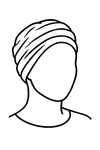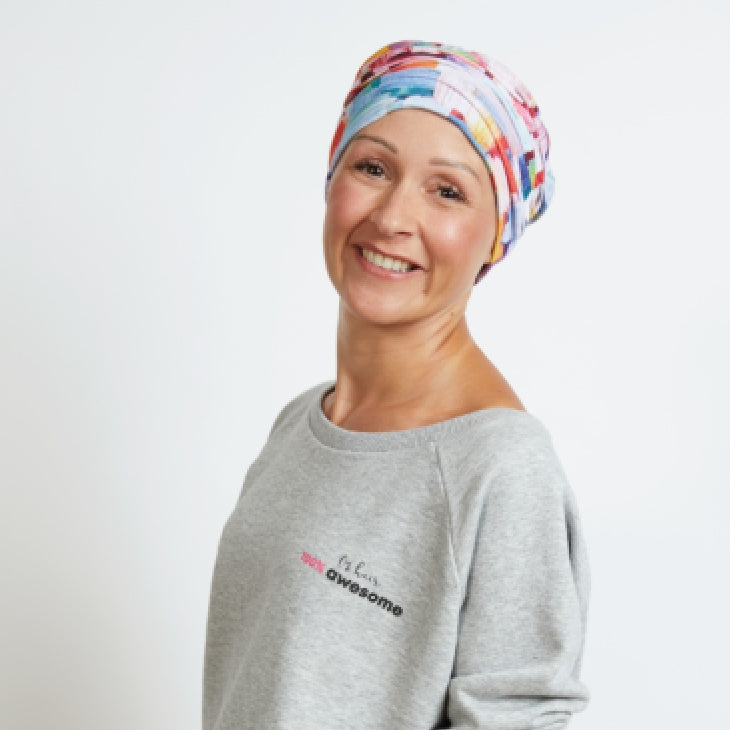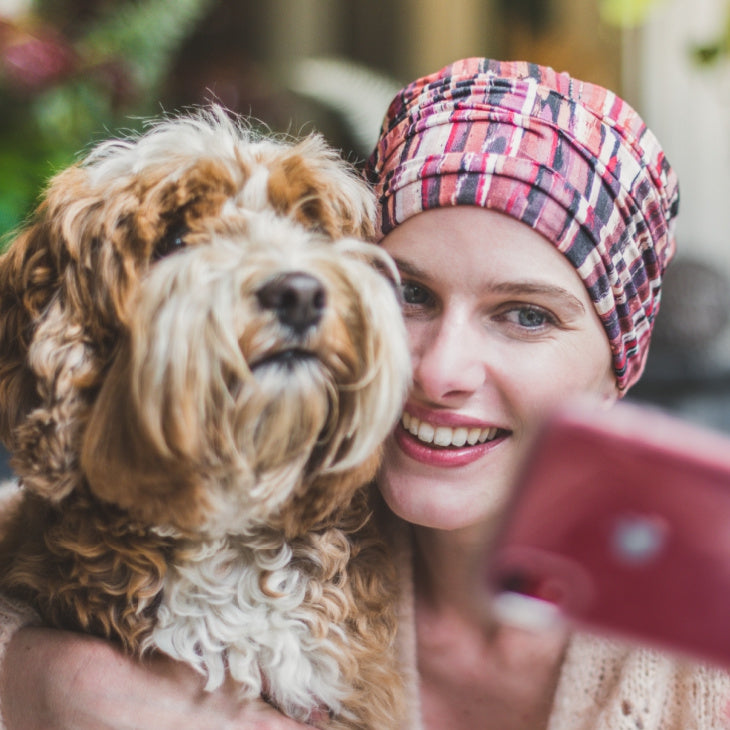October is International Breast Cancer Awareness Month. The month when breast cancer (prevention) is highlighted worldwide, and organizations and volunteers launch all sorts of media-friendly campaigns to raise funds. And with all that attention, I often hear critical voices: “Breast cancer month… breast cancer month… it’s all about breast cancer again! What about all the other cancers?!”
Admittedly, it’s a difficult question. And understandable that people with another type of cancer – or their loved ones – sometimes feel left out. Without wanting (or being able) to pronounce which cancer deserves more attention and why, I’d like to make four remarks about the question of whether breast cancer gets too much attention.
1. Equal care for everyone
Just because one cancer type gets more media coverage doesn’t mean patients with other cancers receive less care in hospitals. I spend a lot of time in hospitals and talk to doctors, nurses, psychologists and oncology coaches. One by one, they do their utmost to give every patient the very best care during – and increasingly also after – treatment. That remains the most important thing. Cancer is treated in hospitals, not in the media.

2. Belgium is a leader in breast cancer cases
Breast cancer is the most common cancer among women in Belgium, and proportionally, nowhere in Europe is breast cancer more prevalent than here. About one in nine women (some sources even say one in eight) in Belgium will be diagnosed with breast cancer before the age of 75.
Of course, good screening programs in Belgium partly explain these high numbers (the sharper the screening, the more cancers are detected). But scientists also point to a combination of risk factors linked to our Western – or rather: Belgian – lifestyle (diet and exercise habits, stress, environment, having fewer children later in life, …).
3. Information saves lives
Breast cancer is one of the few cancers that we, as non-professionals, can relatively easily detect ourselves if we know the symptoms and pick up the early warning signs. The earlier the diagnosis, the higher the survival rate. But being alert requires being well-informed, which in turn calls for awareness campaigns, information and education. Because honestly, did you know that persistent itching, dry patches on your skin or a feeling of warmth can be symptoms not to ignore?

(copyright infographic: www.knowyourlemons.org)
4. Donating money to the fight against breast cancer: but to whom?!
Want to donate money to the fight against (breast) cancer but feel lost among all the initiatives, charities and associations? Take a look at what they stand for and how they use the funds they raise. Personally, I prefer organizations that communicate openly and transparently (often in their annual report and/or on their website) about how every euro is spent: how much for overhead, how much for campaigns, how much for volunteer work, how much for research, … Kom op tegen Kanker (the Flemish foundation against cancer) and Stichting tegen Kanker (the Belgian Foundation against Cancer) do this very well, but they’re not the only ones. My motto: inform yourself, and give – but give wisely!

Conclusion
Breast cancer deserves attention, just like all other cancers. Of course! But if breast cancer gets the most attention in Belgium, there are two good reasons for that: it’s the most common cancer in the country, and early detection saves lives – but only if people are informed and aware.
Is money being “made on the backs of breast cancer patients” with all these highly publicized campaigns? That’s a different discussion. But here’s one tip: if you want to donate to research, prevention or support, choose a trustworthy organization that communicates clearly and transparently about how funds are used.
Warm regards,
Wendy – designer Rosette la Vedette
PS Don’t forget to follow us on Facebook & Instagram, where we regularly raise issues like this and ask for your feedback.











Leave a comment
All comments are moderated before being published.
This site is protected by hCaptcha and the hCaptcha Privacy Policy and Terms of Service apply.